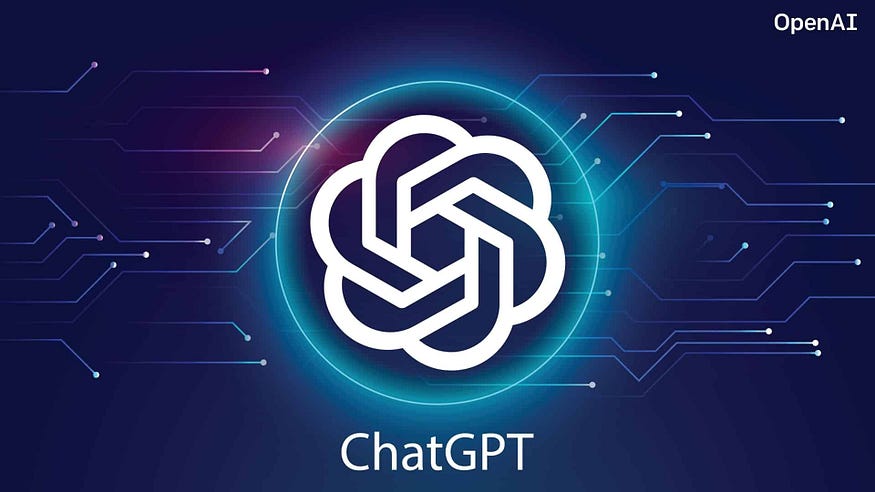The AWS Management Console is a web-based user interface provided by Amazon Web Services (AWS) that allows you to interact with AWS services. Whether you’re a cloud engineer, developer, or someone interested in cloud computing, understanding the layout and functionality of the AWS Console is crucial for efficient cloud management.
In this guide, we’ll take a tour through the key components of the AWS Console and highlight how to navigate it like a pro.
For a visual walkthrough of the concepts covered in this article, check out my YouTube Video:-
1. Overview of AWS Management Console
- User-Friendly Interface: The AWS Console is designed with a clean layout, making it easy for users to access various services, monitor cloud resources, and manage AWS accounts.
- Customizable Dashboard: You can personalize the console by pinning your frequently used services for quicker access.
2. Logging into AWS Console
- Creating an AWS Account: Before accessing the console, you’ll need to create an AWS account. Go to aws.amazon.com and sign up with your email.
- Multi-Factor Authentication (MFA): For security, AWS recommends setting up MFA for your account to protect sensitive resources.
- IAM Users: Use Identity and Access Management (IAM) roles if you’re part of an organization, ensuring that only authorized users have access.
3. Exploring the Console Interface
- Top Navigation Bar:
- Search Bar: Quickly find any AWS service by typing its name.
- Account Menu: Manage account settings, billing, and switch roles if you have multiple AWS accounts.
- Support Menu: Access AWS documentation, pricing, and technical support.
- Services Section:
- Services are grouped by categories such as Compute, Storage, Databases, Machine Learning, Networking, and more.
- Common services include EC2 (Elastic Compute Cloud), S3 (Simple Storage Service), and RDS (Relational Database Service).
4. Navigating Key AWS Services
- Compute Services:
- EC2 Dashboard: Launch, manage, and monitor virtual machines.
- Lambda: Access AWS’s serverless compute services for running code without provisioning or managing servers.
- Storage:
- S3: Store and retrieve any amount of data from anywhere. Explore buckets, upload files, and configure permissions.
- Networking:
- VPC (Virtual Private Cloud): Set up your own virtual network in AWS and manage subnets, route tables, and security groups.
5. Monitoring & Management Tools
- AWS CloudWatch: View metrics, logs, and set up alarms for your resources.
- AWS Cost Explorer: Track your billing and usage patterns.
- AWS CloudTrail: Track user activities and API usage for auditing and compliance purposes.
6. Managing AWS Accounts
- Billing Dashboard: Keep track of your charges, set up budget alerts, and view cost breakdown by service.
- Consolidated Billing: If you’re using AWS Organizations, manage billing for multiple AWS accounts from a single account.
7. AWS Documentation and Support
- Help Section: Find official AWS documentation, developer guides, and solutions for common issues.
- AWS Trusted Advisor: Recommendations to optimize your AWS infrastructure by improving security, performance, and cost-efficiency.
8. Personalizing Your Console
- Resource Groups: Group resources (like EC2 instances, S3 buckets) based on projects or environments for easier management.
- Tagging: Use tags to organize and filter resources within your console.
9. The Mobile Console Experience
For on-the-go cloud management, AWS provides a Mobile Console App available for both iOS and Android devices, allowing you to monitor resources and manage them from your smartphone.
Conclusion
The AWS Console is your gateway to the vast array of cloud services AWS offers. Familiarizing yourself with its interface, services, and management tools will empower you to efficiently manage your cloud infrastructure.
Whether you’re a beginner or an experienced user, exploring the console and its features will enhance your AWS experience and enable you to leverage the full power of AWS.
Connect with Me:
- YouTube ► S3 CloudHub Channel
- Facebook ► S3 CloudHub Page
- Medium ► S3 CloudHub Blog
- Demo Reference ► GitHub Repository
- Blog ► S3 CloudHub Blogspot
- Dev ► S3 CloudHub on Dev.to

No comments:
Post a Comment